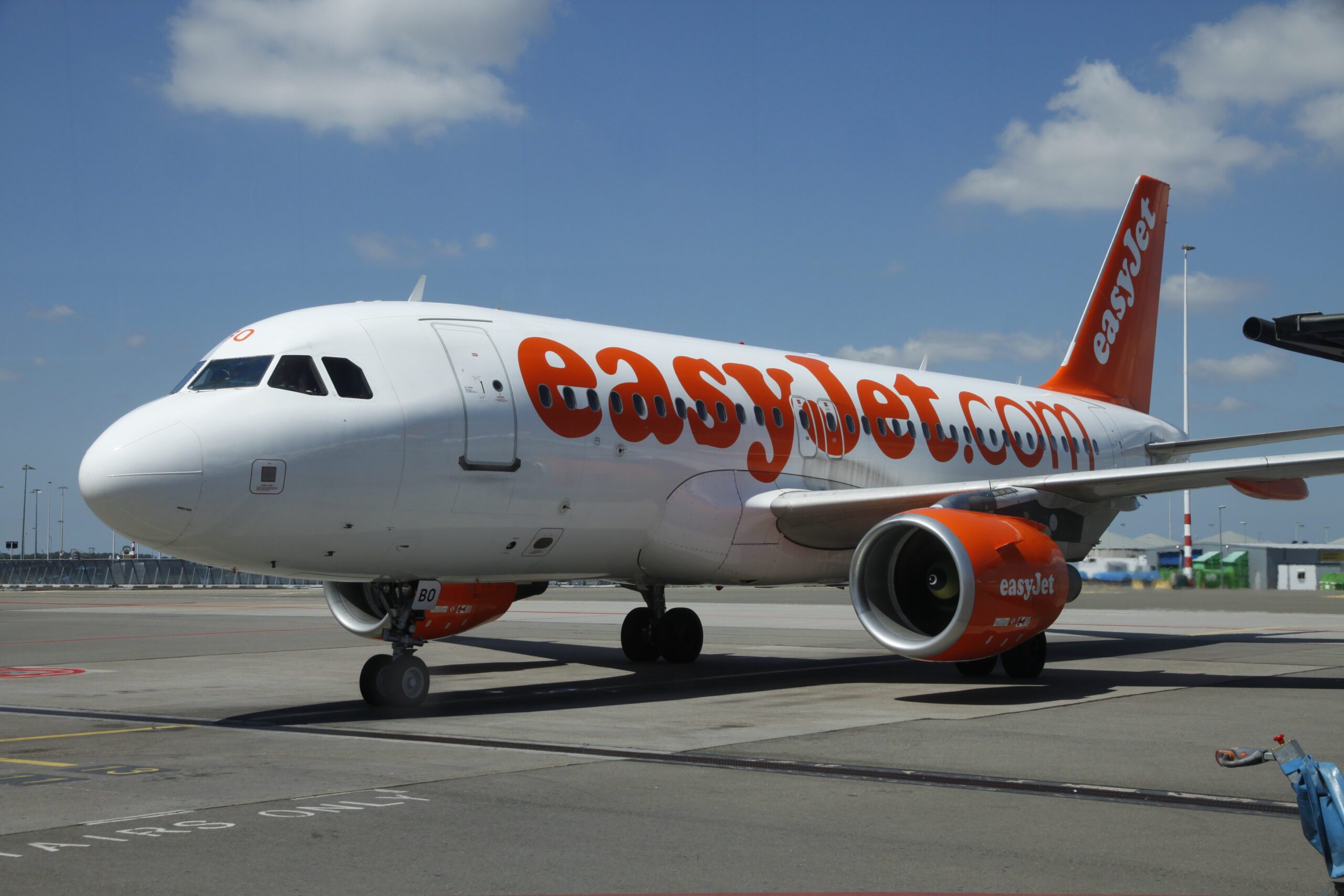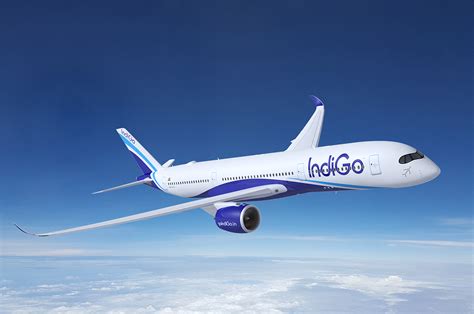
MG 3830 scaled
easyJet will grow its fleet this year by adding eleven leased Airbus A320ceo family aircraft. This should make up for any shortfalls in new aircraft deliveries from Airbus, grow the seating capacity, and safeguard the airline has adequate capacity. The fleet expansion was announced today in the HY1 FY23 earnings release. easyJet to add more leased Airbus A320ceos to the fleet.
The UK-based low-cost carrier grew the fleet between September 2022 (the closure of FY22) and March 2023 by eight aircraft to 328. It took delivery of five A320neos to bring the total number to 49. easyJet also leased three mid-life A320ceo-family aircraft, while one former easyJet A319 returned to service.
The total number of leased A319s stood at 67 compared to 64 in HY1 FY22 and that of owned A319s at 29 versus 35. The number of A320ceos was 168, of which 63 were leased (plus one) and 105 owned. The number of A321s is unchanged at fifteen, of which eleven are leased and four are owned. Two A319ceos and two A320ceos exited the fleet at the end of their lease term.
As mentioned, the airline says that it has a contractual commitment to lease eleven A320ceos for delivery through Q1 of FY24, which starts in April 2024. Deliveries of two A320neos have been brought forward from FY25 to FY23, with another two now also expected in FY23 instead of FY24. The airline expects to take delivery of eight aircraft in FY23, eighteen in FY24, 27 in FY25, and 28 in FY26 as it has 130 A320neos and 33 A321neos on order, with just one purchase right for an A320neo remaining.
Final results
easyJet reported its definitive HY1 results today, having released a trading update on April 18. The headline loss before tax is now £-411 million compared to £-415 million announced in April and £-545 million in HY1 FY22. The headline EBIT is £-392 million versus £-395 million in April and £-486 million last year.
Revenues were about on par at £2.689 billion versus £2.690 billion in April and £1.498 billion last year. Ancillary revenues were strong at £767 million, up from £765 million in April and £458 million last year. The headline costs excluding fuel came out higher at £1.985 billion versus £1.825 billion in April, with fuel costs at £773 million versus £770 million.
The carrier didn’t provide guidance for its pre-tax headline profit for FY23 as it did in April when it said that this would likely exceed current market expectations of £260 million. Today, it only said that the EBITDAR margin should reach mid-teen levels and a return on capital employed (ROCE) of low to mid-teen levels. easyJet Holidays should generate a £100 million profit before tax this year or £80 million after tax. easyJet produced a £-178 million headline loss before tax in FY22.
The airline repeated that forward bookings continue to be strong and are back to normal booking patterns, so less short as during the pandemic. For Q3 (April-June), 73 percent of capacity is already booked, and 36 percent for Q4 (July-September), which exceed 2022 levels by one and three percentage points respectively. Q3 revenues per seat will exceed 2022 levels by over twenty percent.
Summer capacity at 108 percent
easyJet will be operating at 108 percent capacity of 2019 in Q4, excluding the rightsizing of Berlin, as it launches 57 new summer routes. It will have eleven more aircraft in Lisbon and Porto and nine more in Greece compared to 2019. While overall capacity in Germany was down by 24 aircraft and easyJet stopped operating domestic services, operations at Berlin Brandenburg were 190 percent more profitable compared to 2019. The focus is now on city pairs and leisure on longer routes that improve sector length.
The airline will be operating eleven more aircraft in the UK this year compared to 2019. UK Domestic capacity is up six percent year on year as easyJet has added capacity left after the failure of Flybe. There is more to come, as easyJet will open a base in Birmingham in FY24. easyJet Holidays will launch Switzerland as a second source market in 2024, which should help it further grow this already strong market. There are around six million seats on Swiss summer leisure flows, with Spain, Portugal, Croatia, Morocco, and France as the leading markets.
While fuel costs continue to fluctuate, easyJet is hedged 75 percent in HY2 and 52 percent in HY1 of FY24. As part of its sustainability roadmap, the airline has contracts for sustainable aviation fuel (SAF) secured through 2027. Already 135 A320ceo-family aircraft in the fleet have received a software upgrade for descent profile optimization, which helps to reduce emissions.
Views: 60




